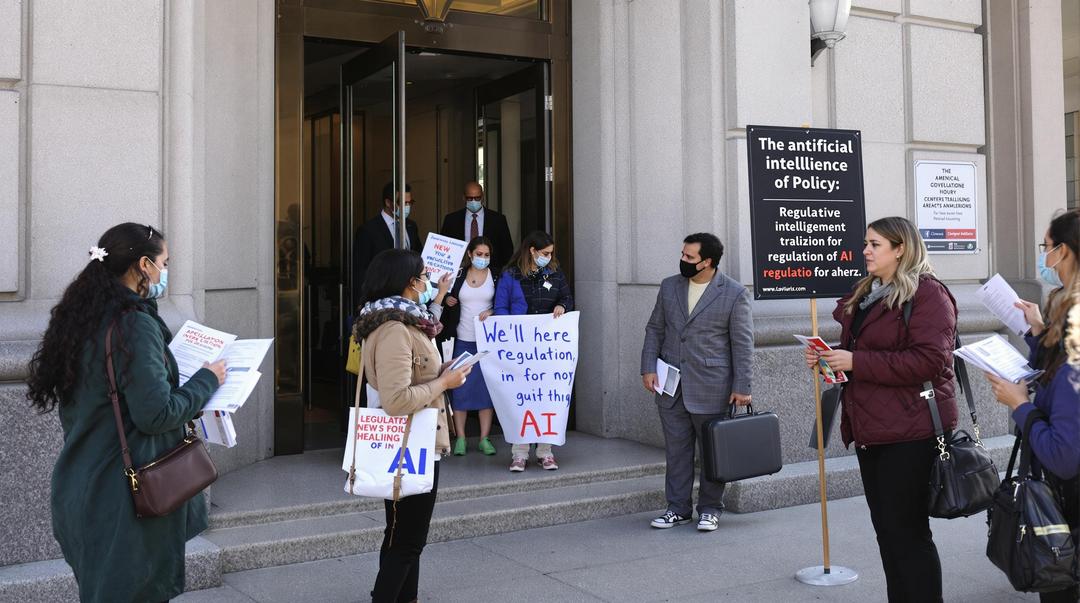A fierce debate is raging in Washington over whether states should be blocked from regulating artificial intelligence for the next decade.
Big technology companies including Amazon and Google are backing a proposal that would put a ten year freeze on state imposed rules for AI models, sparking heated disagreements throughout the technology world and within the Republican party itself.
Lobbyists working for these technology giants have been urging lawmakers in the Senate to include the decade long pause in their new spending bill, following its approval by the House last month, citing the proposed federal preemption of AI state regulation.
Chip Pickering, a former congressman who leads the tech trade group INCOMPAS, has called the proposal a matter of national urgency. Pickering argued, “This is the right policy at the right time for American leadership,” adding that staying ahead of China in AI development is equally important.
Steve Schmidt, Amazon’s chief security officer, suggested that too much government oversight could slow innovation, saying, “The tension with regulation of any kind is that it tends to retard progress.”
Industry Divide and Political Fallout
Opponents warn the freeze could help large technology companies expand their influence with little oversight, especially as they race to build next generation AI.
MIT professor and head of the Future of Life Institute, Max Tegmark, did not mince words, labeling the proposed policy as a “power grab by tech bro-ligarchs attempting to concentrate yet more wealth and power.”
The proposal’s critics include over one hundred organizations that recently urged House leaders to reject the measure, saying the moratorium would leave companies unaccountable for serious AI related harm, even if it were intentional.
The plan has also caused a deep rift among Republicans, whose current party leader previously rolled back his predecessor’s executive decision on federal AI oversight.
Representative Marjorie Taylor Greene argued that such a sweeping pause is “potentially dangerous,” warning on X, “We have no idea what AI will be capable of in the next 10 years and giving it free rein and tying states hands is potentially dangerous. This needs to be stripped out in the Senate.”
As the Senate prepares its version of the sprawling budget bill, the fate of state power to control the most ambitious AI projects hangs in the balance, as highlighted by the ongoing conflict over state regulatory rights in AI governance.








